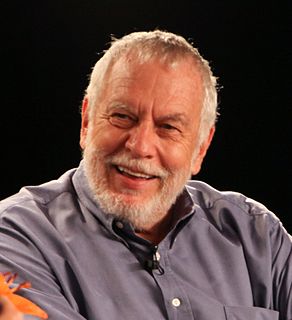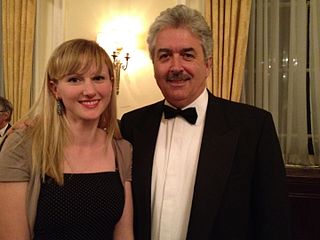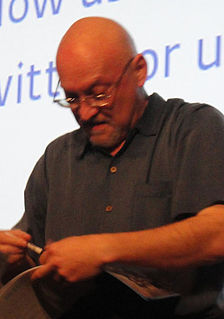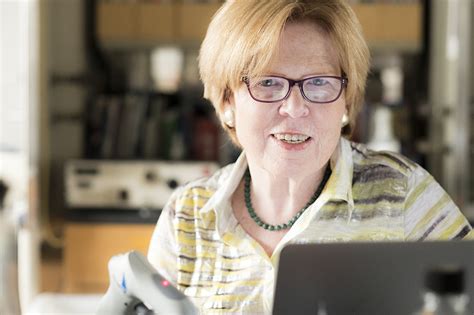A Quote by Maryanne Wolf
Learning to read, for the brain, is a lot like an amateur ringmaster first learning how to organise a three-ring circus. He wants to begin individually and then synchronise all the performances. It only happens after all the separate acts are learned and practised long and well.
Related Quotes
You are well equipped with an incredible potential for absorbing knowledge. Let your imagination, the key to learning and memory, unleash that brain power and propel you along at ever-increasing speeds. It’s not an exclusive path with access granted only to those with a special gift for learning. It is, instead, available to everyone who has a brain. Anything’s possible.
I'm still learning. It's all a learning curve. Every time you sit down, with any given episode of any given show, it is a learning curve. You're learning something new about how to tell a story. But then, I've felt that way about everything I've ever done - television, features or whatever. Directing or writing, it always feels like the first day of school to me.
Life consists in learning to live on one's own, spontaneous, freewheeling: to do this one must recognize what is one's own-be familiar and at home with oneself. This means basically learning who one is, and learning what one has to offer to the contemporary world, and then learning how to make that offering valid.
There is first the problem of acquiring content, which is learning. There is another problem of acquiring learning skills, which is not merely learning, but learning to learn, not velocity, but acceleration. Learning to learn is one of the great inventions of living things. It is tremendously important. It makes evolution, biological as well as social, go faster. And it involves the development of the individual.
We were the first multibrand platform for the customization of designer clothing. And it's great to be a first mover if you manage to pull it off. You can have a great competitive advantage. But if you're quite early, you're learning a lot: both learning as a company, and the customer is still learning.


































